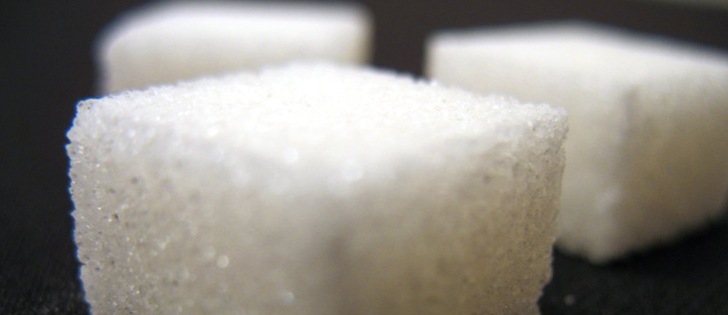TABER, Alta. — Sugar is not addictive, argues Sandra Marsden, president of the Canadian Sugar Institute.
She said it’s a myth that particularly irks her.
“Sugar does not have any of the properties of addictive substances,” she said. “Because sweet tastes are pleasurable doesn’t mean they are addictive.”
It’s one of Marsden’s jobs to de-fend sugar, although the institute is not directly involved in marketing, promotion or sales of Canadian sugar.
Still, the sweet stuff’s reputation for contributing to obesity and recent reports that the U.S. sugar industry in the 1960s filtered or altered health studies about sugar have given it a bad rap, Marsden said.
Read Also

Anti-separatist movement targets rural Alberta
Former deputy premier Thomas Lukaszuk’s anti-separatism Alberta Forever Canada petition campaign expects to run full steam ahead into the province’s farming regions
“I think it’s just an easy target. People are looking for a quick fix,” she said Feb. 8 in an interview at the Alberta Sugar Beet Growers annual meeting. “Obesity is a very complex problem to do with calories as well as our sedentary lifestyle. There isn’t an easy answer. People like to target something.
“There’s nothing unique about sugar. Its four calories per gram … and we know consumption has been going down, which hasn’t affected obesity rates. So it’s not the magic bullet to cut sugar out of your diet.”
Marsden said Canadian sugar consumption has been declining over the past four decades. That’s generally attributed to lower consumption of soft drinks. People also tend to consume less sugar as they age.
In her presentation to growers, she also mentioned consumer confusion over various terms on product labels, such as sucrose, fructose, glucose, added sugars, free sugars, evaporated cane juice and raw sugar.
The federal government has been working on new food labelling rules, and Marsden said the institute wants to ensure that labels don’t add to confusion.
“There’s a lot that would like to demonize sugar on food labels so we’re working very hard to prevent that from happening.”
The Canadian Food Inspection Agency is in phase three of a process to modernize food labels and an online survey is open until Feb. 28. Input so far indicates consumers want clearer information on how much of a specific ingredient is in a product, as well as easier ways to compare products with similar ingredient lists.
Canada’s Food Guide advises consumers to limit foods and beverages high in calories, fat, sugar or salt.
Facts about sugar
- Canadians consume about 53 grams of added sugars per person per day, which is about 11 percent of total consumption.
- Consumption of added sugars is about one-third less than that of Americans, due mainly to lower soft drink consumption.
- Sugar is a carbohydrate and like all carbohydrates, it has four calories per gram.
- Sucrose in table sugar is the same sucrose found naturally in fruits and vegetables, along with the other simple sugars, glucose and fructose.
- Sucrose found in table sugar comes from either sugar cane or sugar beets.
What does sugar do?
- helps mask bitterness of whole grains
- helps balance flavour in tomato and vinegar-based products
- adds colour to baked goods
- helps create texture and soft structure in baked goods and smoothness in frozen dairy products
- helps naturally preserve jams
- helps bread rise
Source: Canadian Sugar Institute
















